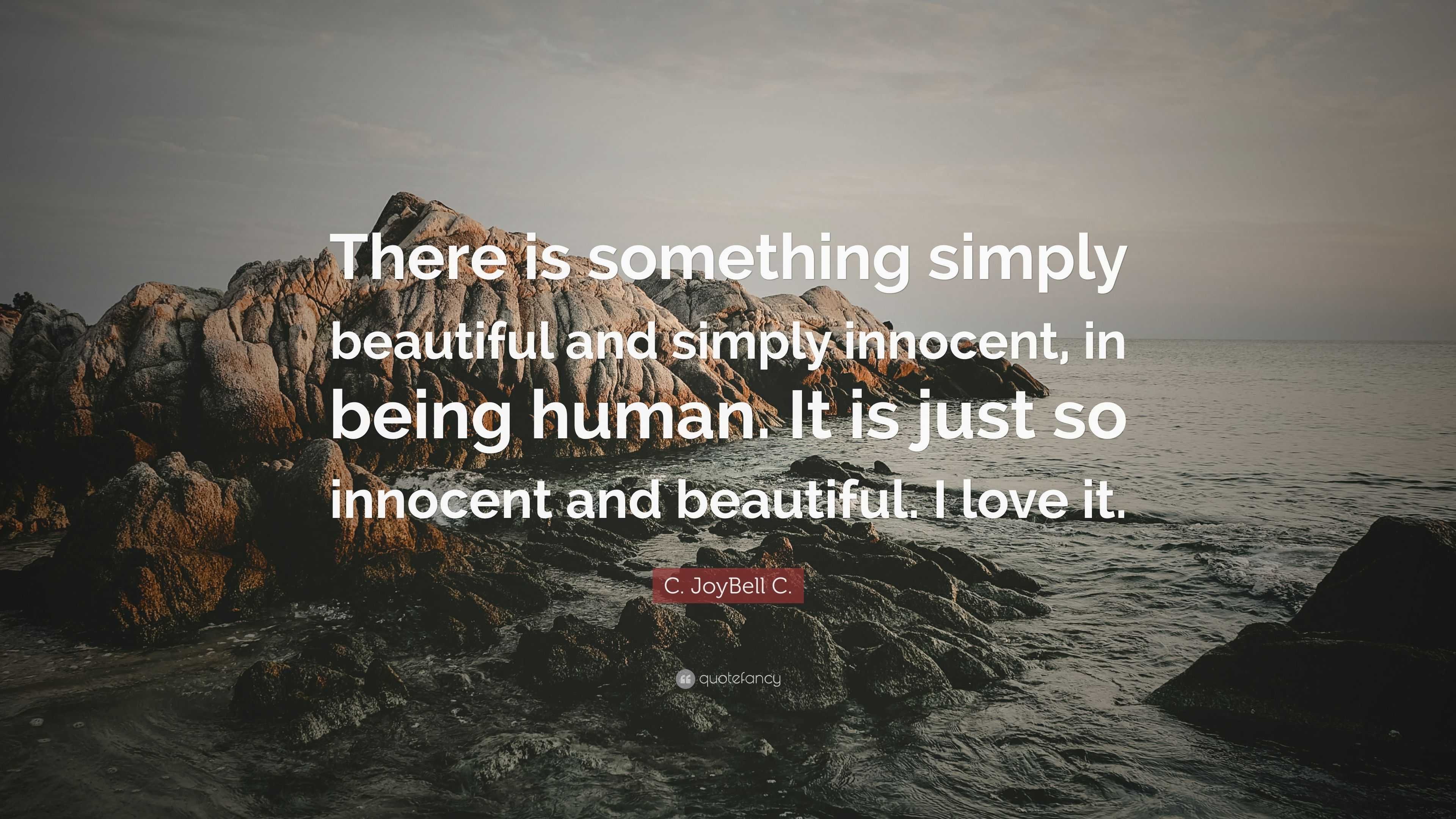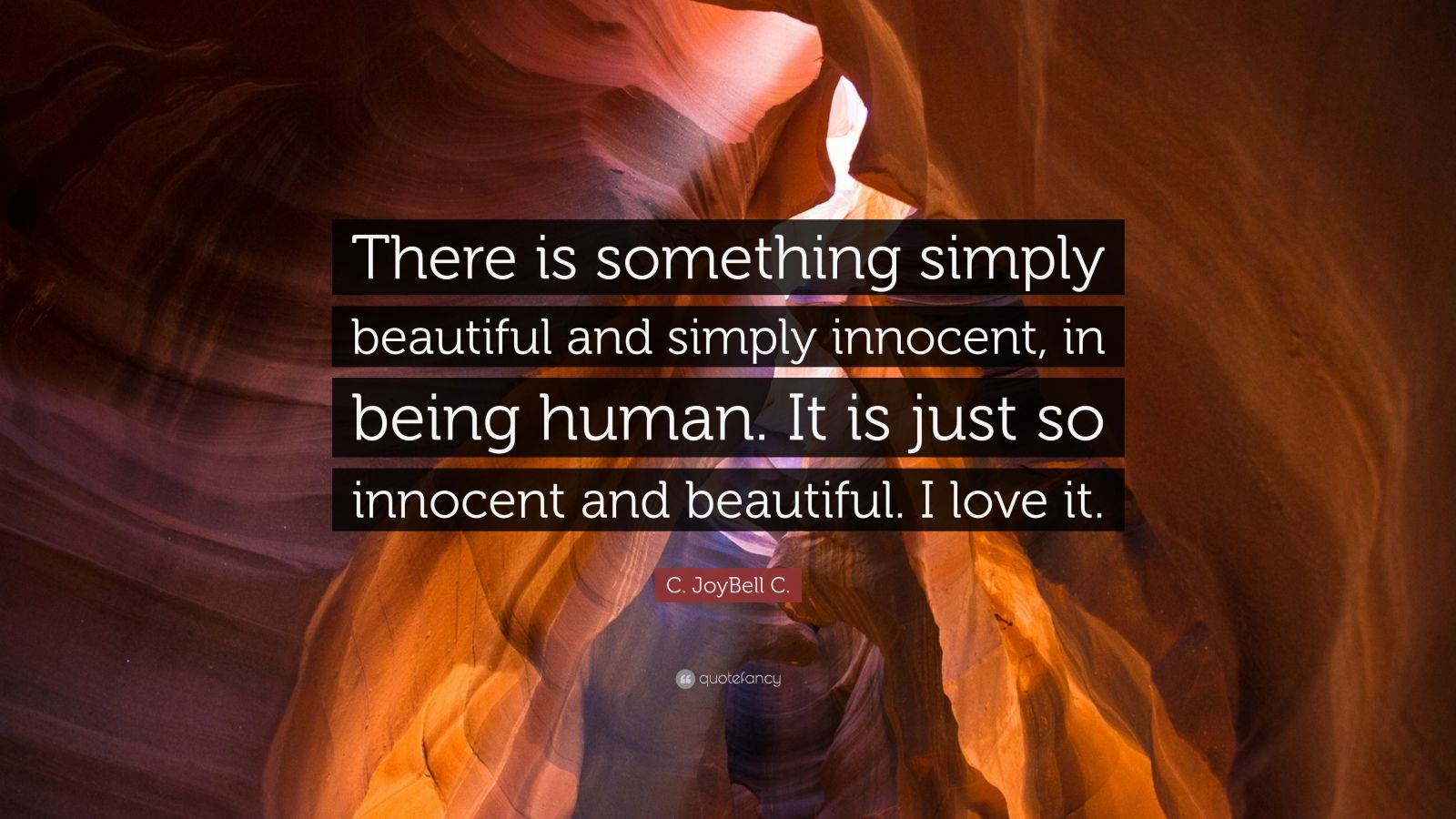

The more humanity unifies, the more it divides against itself. The transition from ‘passive’ to ‘active’ unity is not only difficult, it seems utopian. The human species is not a community, it is not a society, it is not a people. The question of unity has its reverse side: disunity, even intrinsic disunity. However, it is on this point that difficulties multiply. The biopolitical problem becomes cosmopolitical. If the human species is not to annihilate what makes it live, it must learn to govern its environment and its exchanges, and therefore to govern itself, in its entirety. For these exchanges are unequal and unbalanced: by exploiting or repressing, even exterminating other species, by colonising all living environments on planet Earth and subjecting them to its needs, our species has led the whole of life to the point where transformation becomes destruction, where habitability and reproduction are in question. Exchanges between all of these are part of evolution and end up creating a ‘second nature’, which is not specific to humans but the common property of all species, and can also become their misfortune. What this points out is that the human species is not a species among others, but a species along with others, sharing (and competing) with them in a common environment. Covid-19 is a zoonosis, a disease transmitted from animals to humans which has, as the saying goes, ‘crossed the species barrier’ – an expression previously unknown to the general public but widely used today.

Contagion, dissemination and immunisation follow one another to define a public health problem common to the whole species, something that we can follow Michel Foucault in calling biopolitics.īut there is more.


For the virus jumps all frontiers and overcomes all confinements, making each one of us a risk and potentially a recourse. What Auguste Comte in the 19th century called the ‘Great Being’ seems to be materialising before us, or rather within us. It refers to a material interdependence of unprecedented intensity and universality. Before our eyes, in ‘real time’, the human species no longer designates simply a type to which we conform as individuals or even an ‘essence’ (what is ‘specifically human’) in which we participate (including in the form of a gene pool distributed among us). The first concerns the question of unity. Proceeding as rapidly as I can, I will formulate three hypotheses. What kind of unity, what margin of variation, what prospects for evolution or transformation does it denote? It brings together questions that are as old as metaphysics and natural history in the West, about what makes (or does not make) humanity unique as a living species, and what we mean by ‘species’. It is topical, insofar as the Covid-19 pandemic, which we are experiencing with difficulty and without a foreseeable end, gives it a strategic function, at the crossroads of biology, medicine and anthropology. I would like to reflect on its meaning, its uses, its ‘genealogy’, as it is precisely here that a philosopher, using all available knowledge, can try to investigate a problem. Behind these banal formulas, everyone knows there is a problem: who is this ‘we’, what do we mean when we say ‘we’, and in the name of whom or what are we speaking? Concepts such as humanity, the human race, population and species come to mind, depending on the point of view at which one places oneself in order to collectivise those whom we perceive as fellow human beings.Īmong all these notions, I am going to favour the notion of species, which seems to me to crystallise fundamental questions today. The question of this year’s Forum Philo is quite simply: ‘Being Human?’ In other words, it is about ‘what we are’, each for ourselves and all together: for each other, with each other. The philosopher Étienne Balibar chose to approach it through the notion of ‘species’, so central in this time of pandemic. This issue was the focus of this 2020's Forum Philo, two days of sharing and debate by intellectuals and writers.


 0 kommentar(er)
0 kommentar(er)
